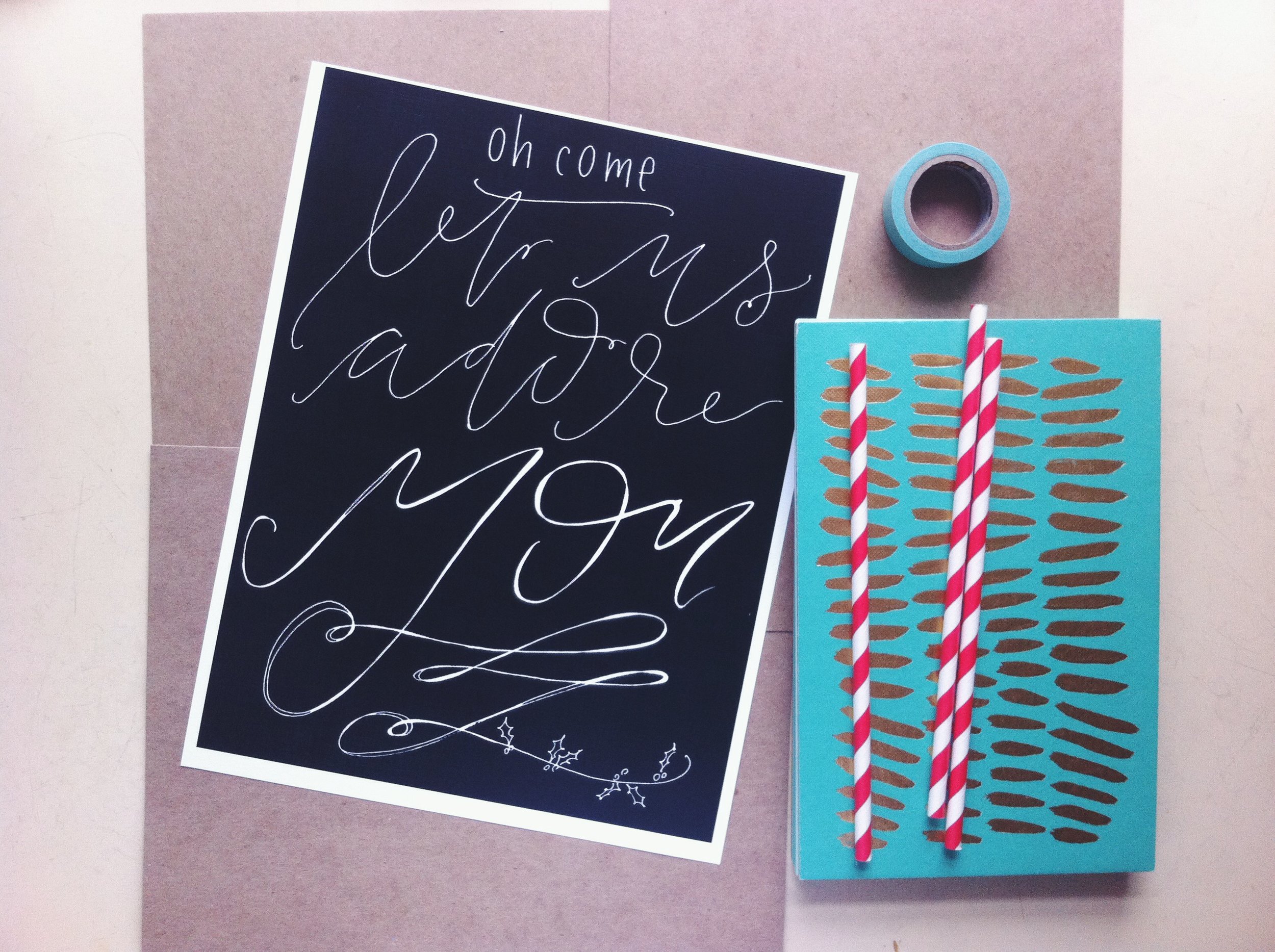Tomorrow marks my last day of my first year of college. It's funny: the feelings I have today versus the feelings I had in September. September, I was nauseous; today, I am nostalgic. The difference is enormous.
I'm writing this today so I don't forget. My digital storytelling professor just finished her final lecture with our class, and the words she said to us made me feel a range of different emotions. I'd like to make a small flip book of all of her phrases, so on the days I feel low, I can read them and remember. (She once said, "In the times you feel low, you must find the things that won't take you down any lower.")
Instead, I'll place them here for us both.
Drink in silence.
She looked at the class as she said this. She is a tall South African woman, with a calm, lilting voice and a gentle spirit. She smiles often and thanks the class regularly for our contribution.
"Drink in the silence," she said again. "When it is the middle of the night and you wake up, just you and the darkness, pause for a moment. Drink in your own thoughts, and the wonder of life. Think about all the things you'd like to do, so when you wake up you can start doing them."
Wake up with purpose.
"When you wake up in the morning," she said, "Do not think, 'Why do I have to get up today?' Instead, think about your purpose. Find a purpose; choose a goal. If you have a goal, there is no excuse for you not to get up out of bed. If you have a purpose and a goal everyday of your life, I promise you, each night you will fall into bed tired, exhausted from your purposeful day."
Practice the art that makes you feel alive.
Immediately I thought of the hundreds of pages of fiction I've written, chapters of secrecy I've stashed deep in my computer. I feel alive when I write fiction, and poetry, and people's stories.
"Always practice the art that makes you feel alive and that allows you to express the life you have as a human being," she said, smiling. "Whether that's playing music, or drawing, or acting, or writing, or singing. We don’t do these things to become Shakespeare or Beethoven or someone famous. We do these things because they make us come alive."
When things go wrong, contribute to change.
She spoke about this one person she knew who complained often, but never seemed to try and change the things he was complaining about. I thought of myself immediately when she said it: do I complain and leave it at that? I don't want to be satisfied when something is mediocre. I want to be an agent of change.
"When something goes wrong," she said, "Don’t just complain about it. Do something about it. Do something about the things that frustrate you."
(I think that's where some of the best stories come from. People doing something about the things that frustrated them.)
Surround yourself with courageous people.
This was my favourite phrase of hers this semester. She's a strong believer in courage -- and oh, so am I.
"Identify courageous people and surround yourself with them," she said. "They will say or do things that will help you be courageous when you need it most. Forget about popular people, and wealthy people, and influential people. Instead, make sure you have courageous people in your life. Take note of them and tell their stories to everybody."
I am excited about my first year of college. I have loved many moments, gathered new skills, and met kind people. My brain has been like a sponge, soaking in information at rapid speed.
But this professor was the most impactful for me. Before I left today, I thanked her for the final time.
"Do it all, Aliza," she told me. "Write more fiction and poetry. Publish four books. Go places and write from there, make more art, and figure out a way to blend all of the things you love together."
My steps were light even as I bounded out of the building and into the April rain. No one had quite told me that before.
I never realized it was something I needed to hear.


 It is snowing as I write this. It's as if Christmas is here already.
It is snowing as I write this. It's as if Christmas is here already.





















